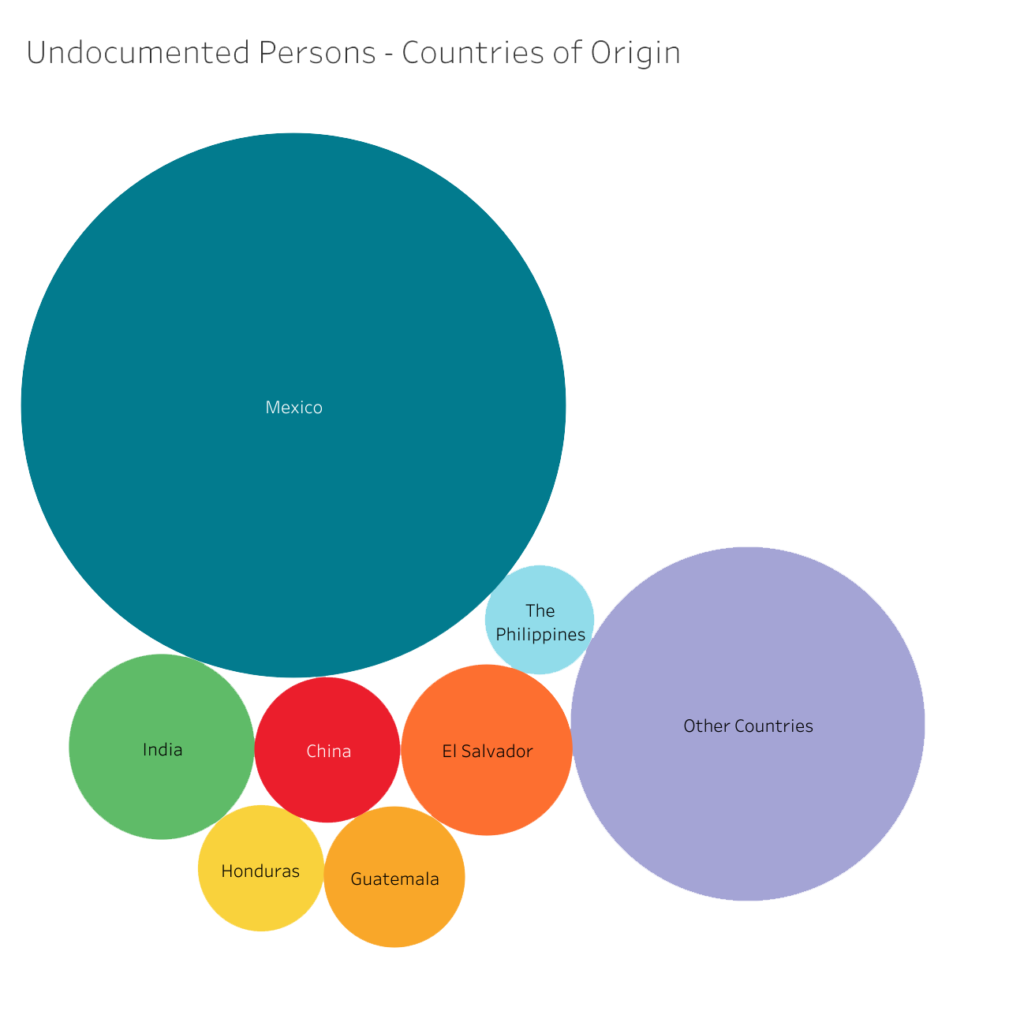The public comment period has closed on a Department of Homeland Security rule that may change the factors it uses to grant lawful permanent resident status to certain groups. For 140 years, provisions have been in place to deny entry to individuals who are likely to become a “public charge” or burden on the state. Under the proposed change, immigration officers could consider acceptance of non-cash, public assistance benefits such as food stamps, medicare, and housing assistance as an indicator that someone is likely to become a public charge.
Advocates believe the rule change is an overdue step to prevent taxpayer subsidies of illegal immigrants, while critics are concerned about potential repercussions that relate to employment and healthcare.

Source: Center for Migration Studies
Reform Advocates See Cost Savings
-Center for Immigration Studies (CIS)
The Department of Homeland Security is predicting that 320,000 people will dis-enroll from public assistance programs out of an abundance of caution to avoid being denied resident status. That translates to a $1.5 billion annual savings.
Technology Executives Opposed
Wall Street Journal (WSJ), Forbes
More than 100 technology executives signed a letter to President Trump expressing concern that the broad definition and use of “public charge” as grounds for denial would further complicate the immigration process and place more burdens on employers.
Hospitals Fear Rule Could Lower Reimbursements and Drive Up Costs
Manatt Health, TalkPoverty
Hospitals and health care providers are concerned not only that dis-enrollment from public assistance will cause patients to defer needed care, but also that the lower reimbursements from public programs could hurt their bottom line. Rural hospitals in low-income areas would be particularly vulnerable.

